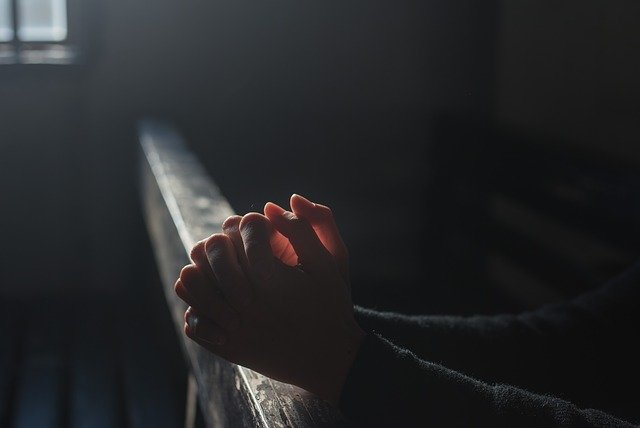The priest Ezra was a man of great faith and obedience. He loved the LORD and followed him whole-heartedly. He was also a leader of his people and that wasn’t as easy as it looked.
In the first 6 chapters of the book of Ezra his name isn’t even mentioned. It is setting a foundation and context of what is happening. The Persian King Cyrus has issued a decree for the people of Israel to return to their land and rebuild the temple. This was in answer to a direct prophecy (Jer 25:11-12; Is 44:28, 45:1-14).
After facing opposition, the rebuilding moves forward. And then sometime later Ezra comes on the scene. Except when he comes on the scene, there is evil in the land. Ezra is tasked with confronting and leading his people through their sin once again.
What we Learn from the Book of Ezra
- God fulfills his Word. Very specifically at times. King Cyrus was named by his actual name prior to his birth or reign ((Jer 25:11-12; Is 44:28, 45:1-14). This is the power of fulfilled prophesy. It wasn’t just generic, but his name was given and what he would do for his people. God used this pagan king to fulfill his purposes.
- The plans and schemes of the enemy remain the same. First appear like sheep offering to help. Then when that help is denied (because God shows through their schemes), use that as justification for evil. Then bring discouragement, cause fear, frustrate plans, and bribe others to bring trouble. Sounds like just another day in the news (Ezra 4:4-5)
- When God gives you a task or mission, he will give the ability to fulfill that mission. They did not have the funds to rebuild but Cyrus made it possible. Darius was also later to add to that provision (Ezra 1; Ezra 6)
- Sometimes we have to keep on in the face of opposition and mandates (Hag 1).
- The temple was a place of great joy. It was a place of repentance, forgiveness and restoration to God that lead to joy, music, singing and rejoicing (Ezra 3:10-11)
What we Learn from the Man, Ezra
- Ezra trusted the Lord and not in His own strength or the strength of the King. That took great risk but the Lord responded to his courage.
- He was a man of fasting and prayer and that made a difference. It’s what leaders do (Ezra 8:21-23; 10:1-6; Acts 13:1-2).
- Ezra committed himself not to just study the Word but to first obey it, then teach others (Ezra 7:10).
- When the Israelites fell back into sin, he was not tempted to join them but humbled himself greatly before the Lord in repentance. Leaders lead the way in repentance even when it is not their own sin (Ezra 9-10).
- Ezra took responsibility to lead the people through troubled waters. He didn’t shirk that responsibility, but took it upon himself to lead the people back to the Lord (Ezra 10

